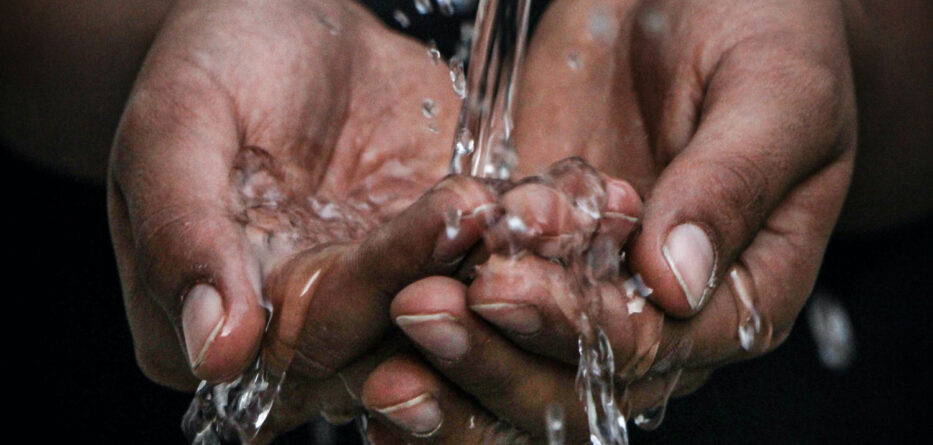In dry years, Californians talk about the drought as if it were a war — a battle of north versus south, haves versus have-nots, fish versus farmer.
When a critical resource is scarce, we want to fight for it. But let’s not drown in the fake narrative of environmentalists against growers. It’s a false dichotomy that distracts from the real heart of California’s water woes: an outdated system that prioritizes the financial interests of a wealthy few over the health and well-being of many. This keeps us from finding honest solutions to drought conditions that the climate crisis will only intensify.
An either-or choice ignores the central role water plays in all our lives. Keeping water in the rivers and creeks where it belongs helps more than just salmon. It helps low-income and Indigenous communities, the fishing industry and, yes, farmers too.
On the Klamath River — where salmon are dying because of poor water management and historic overallocation to agricultural users — saving salmon from extinction also means feeding the people of the Yurok tribe and sustaining their cultural traditions, not to mention honoring historic treaty agreements.
Proponents of new water infrastructure projects say we just need more storage. But building more dams and reservoirs that divert water before it passes through the Sacramento-San Joaquin Delta, or allowing more water to be sucked south to the Central Valley, would be disastrous for the entire ecosystem. These projects don’t help all farmers — certainly not those running family farms near the delta.
Big, pricey projects, such as Sites Reservoir in Colusa County and the Delta Conveyance Project promise to secure water supply for everyone, but they actually mostly benefit agricultural corporations focused on profits.
Californians should be wary of boondoggle projects touted as a panacea for the state’s challenges. Building a tunnel to siphon more water from the Sacramento River would collapse our natural ecosystem and cause irrevocable harm. Instead, we should focus on right-sizing our agricultural footprint to efficiently feed people, while investing in recycled-water projects, especially in urban and suburban communities.
But if we insist on drawing lines in the parched California earth, let’s be honest about where we stand. Much of the water transported from Northern California to Central Valley farms is used to grow water-intensive crops such as alfalfa and tree nuts. The majority of almonds grown in the state are shipped overseas, making them California’s top agricultural export.
Farmers have a right to make a living, and we need to feed people. But as the climate crisis intensifies, we should consider our priorities carefully before allocating a scarce public resource to bolster an export crop. Let’s not pretend that protecting Big Ag is the same as guaranteeing food on the table.
While everyone can and should do their part to reduce water consumption, it’s important to think about the system we’re saving water for. The biggest user of California’s water is agriculture, and the current system is neither equitable nor efficient.
This drought is not an aberration, nor are the shortages inciting fear and anger throughout the state. The situation is a foreseeable symptom of an allocation system that overpromises to those with financial and political clout. When the gaps in an overallocated system are laid bare, it’s the environmental, Indigenous, family-farm and low-income community stakeholders who are left clamoring for the water spilling from the Big Ag trough.
So if we’re stuck with the fish-versus-farmer paradigm, let’s be clear. The big agribusinesses and shadowy water districts serving them, for whom the system was designed and who have historically benefited — they’re the farmer. The rest of us are the fish.
Water is a finite resource, but there’s enough for both fish and farmer if we start treating it sensibly. We need a system that recognizes this reality, and prioritizes the public good over the financial interests of a private few.
Ross Middlemiss is a staff attorney at the Center for Biological Diversity, rmiddlemiss@biologicaldiversity.org.






